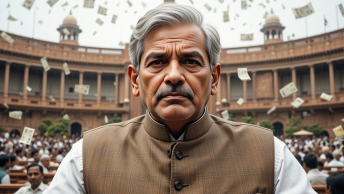Dignity as an Expressive Norm: Neither Vacuous nor a Panacea
In this article published in the recent volume of the Oxford Journal of Legal Studies (unformatted SSRN version available here), I have discussed the role of the concept of dignity in human rights law. This piece is an intervention in a debate where on the one hand the proponents of dignity see it as a useful tool which solves the most important (if not all) of the practical and theoretical problems in human rights law. Arguing against this sympathetic position on the other side of the debate are the sceptics, who have raised troubling questions about dignity’s alleged indeterminacy, as well as about the illiberal role that it has allegedly played in certain contexts. In this article, I argue that designing a defensible and useful conception of dignity which is distinguishable from other values such as equality and autonomy may be possible, but not without addressing some genuine infirmities that the critics have pointed out. If there is indeed such a defensible conception of dignity, it is likely to be ‘expressive’ in character. I therefore argue that the legal ideal of dignity is best understood as an expressive norm: whether an act disrespects someone’s dignity depends on the meaning that such act expresses, rather than its consequences or any other attribute of that act.
Subscribe
Login
0 Comments





